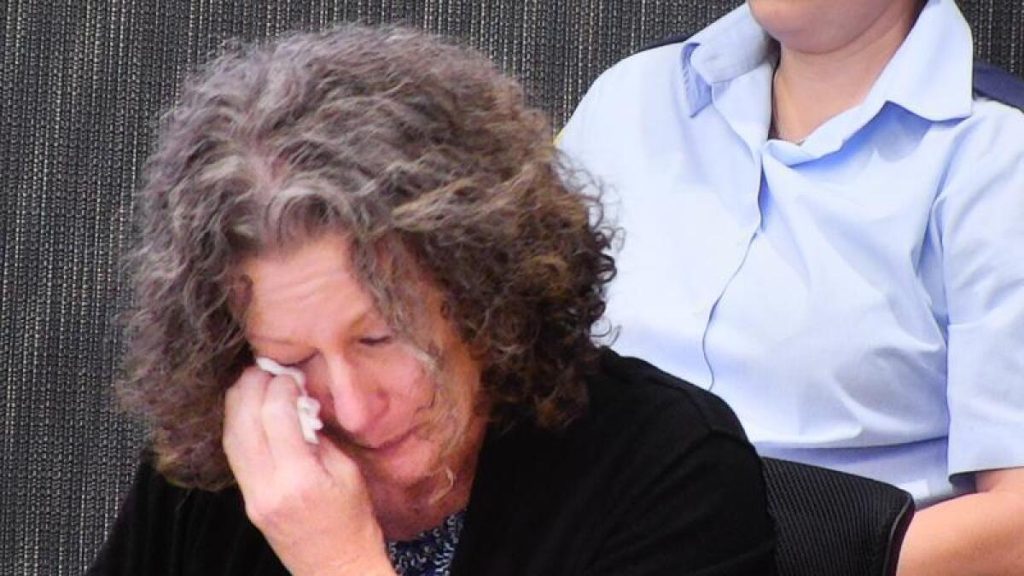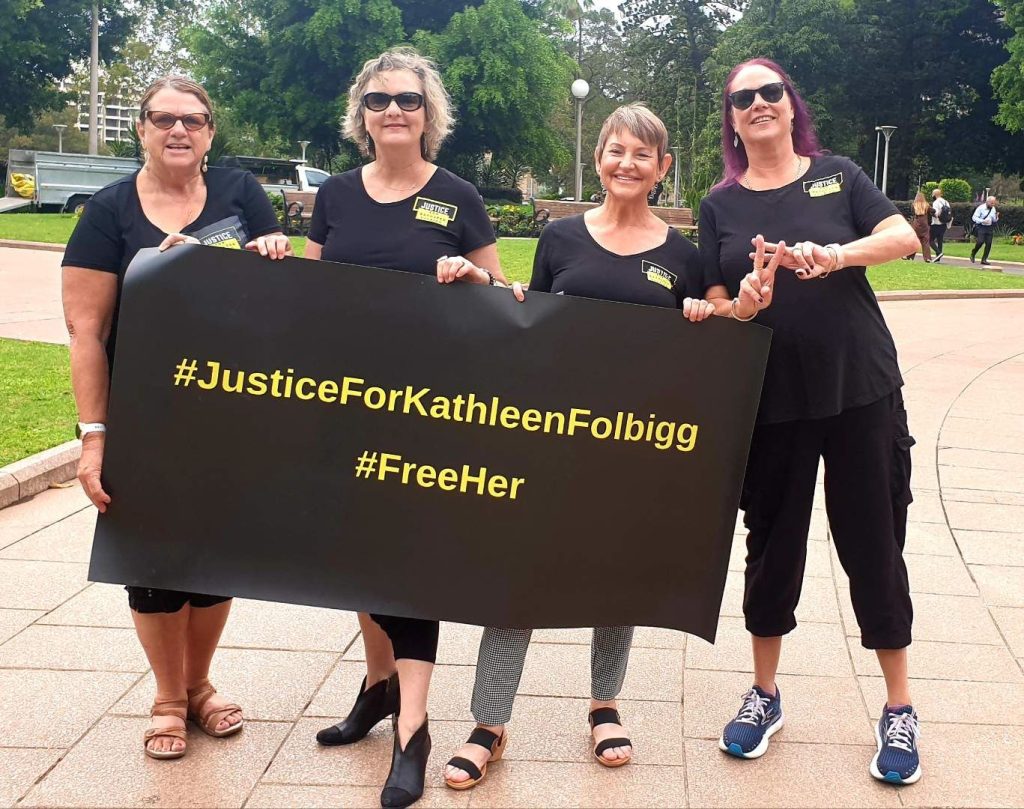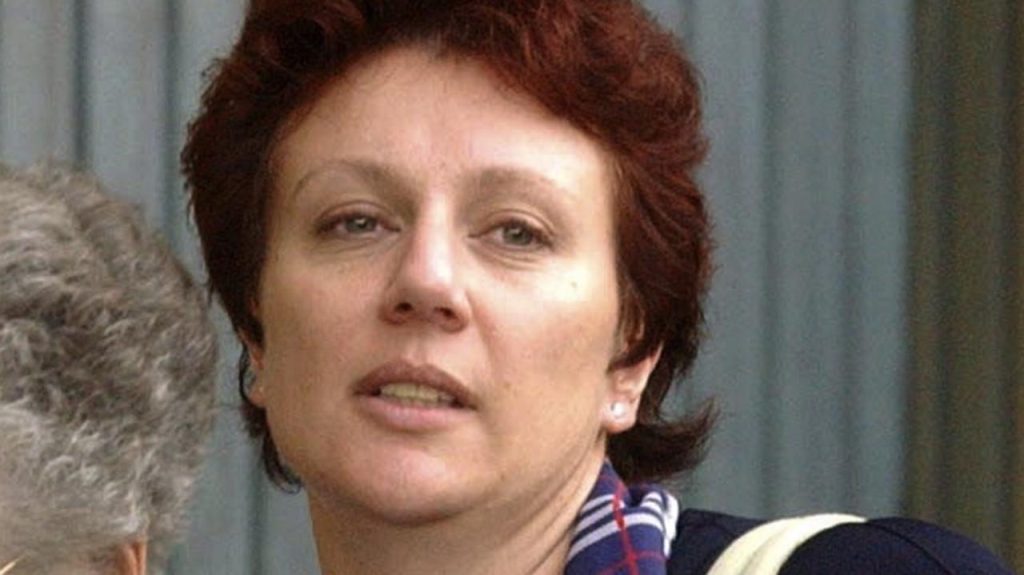
Hunter mum Kathleen Folbigg’s childhood friend has told the 2HD Newsroom, the woman she believes did not kill her children just “wants to live a normal life instead of being labeled as Australia’s worst serial killer because there is nothing worse than being labeled as Australia’s worst serial killer”.
Tracy Chapman has always believed her friend’s innocence ever since she was handed a 40-year gaol sentence in 2003 after she was found guilty of murdering three of her children Patrick, Sarah and Laura, and the manslaughter of her fourth child Caleb.
Tracy has been at the Judicial Inquiry into Folbigg’s convictions that was adjourned yesterday until closing submissions in April. The inquiry was ordered by NSW Attorney General Mark Speakman in May last year after more than 100 scientists called for Folbigg to be pardoned due to the discovery of rare genetic mutations present in Folbigg and her two daughters that proved the children did not die at the hands of their mother.
The final day of the inquiry was one of the most explosive, with around 530 hours of recordings from a listening device that was planted in Folbigg’s home produced leaving her lawyers scrambling.
The inquiry heard the tapes were produced by NSW Police this week from the device planted in the Singleton home in 1999 – retired Chief Justice The Honorable Tom Bathurst AC KC has been presiding over the trial and said yesterday it was concerning that the tapes had been produced so late.
The retired Chief Justice has ordered the transcripts of the tapes be delivered as soon as possible ahead of closing submissions on April 26.
If Mr Bathurst finds there is reasonable doubt to the guilt of Folbigg, the matter may be referred to the Court of Criminal Appeal which will consider a pardon or a retrial.

This second block of hearings of the inquiry heard from psychiatrists, scientists and police.
More than nine diary linguists and experts presented reports that showed the diary entries used to convict Folbigg in 2003 were nothing but a “brain dump” of the sad reflections of a clinically depressed, grieving mum who suffered complicated trauma and attachment issues.
Three psychiatric experts agreed.
“You can clearly see she is clinically depressed and suffering complex grief.
“At the end of the day, Kath wants to manage her grief and get support and live a normal life like her ex-husband has been able to,” Tracy said.
“She just wants to come home and wants people to see and accept she has been wrongly convicted. She wants a proper epitaph for her children not saying that their mother killed them all.
Tracy said she is angry because that’s what she has said all along, and she’s even more frustrated that tapes from listening devices in her friend’s home are only coming to light now.
“I’m so angry about this and disappointed.
“It’s likely there’s nothing incriminating otherwise they would’ve been handed up at trial.
“I feel it’s disgraceful, the police need to be held to account on this. It’s quite out there that this has happened at the eleventh hour with all the resources police have – it’s quite disgraceful.

Also during this second block of hearings, letters dated between 2003 and 2021 were released written by Folbigg from behind bars at Silverwater Women’s Correctional Centre to Tracy.
She wrote about life in prison and how she believed that “while ever my name is attached to words like ‘serial killer’ I have no hope of ever being heard fairly or otherwise”.
Folbigg said the diary entries used to convict her in the beginning did sound ‘atrocious’, but the diaries were simply used to ”dump’ every negative emotion, feeling, or thought I’ve ever had”.
“I handed them up because you can clearly see there’s nothing to see here, you can clearly see she is clinically depressed and suffering complex grief,” Tracy said.
Tracy said at the end of the day, “she [Folbigg] wants people to see and accept that she has been wrongly convicted”.
If she walks free, Folbigg’s story will be one of the greatest wrongful incarcerations in Australia’s history.

